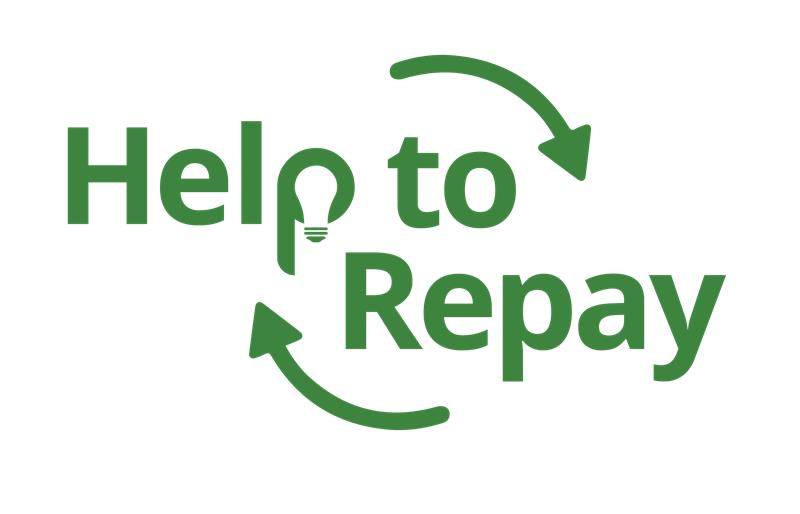Tackling problem debt: three key actions for the next Government
As election day approaches, our Media and Engagement Lead, Harriet Dines, outlines what the next Government needs to do to tackle problem debt.
Posted June 21, 2024
Like many charities, the snap election was a chance to reflect on key issues our clients face and to distil the changes that would make a real difference to tackling them.
The cost of living crisis continues to bear down on millions of households who are now facing the debt burden left in its wake. Debts for essentials like energy and rent are becoming more and more common amongst the people we help. And with 8 million people in need of debt advice in the UK, tackling the causes and impact of debt needs to be a priority for whoever enters number 10 on the 4th July.
These are our key actions for the next Government.
- Introduce independent bailiff regulation
Introduce statutory, independent regulation of the bailiff sector to ensure that people who have their debts passed to bailiffs are treated fairly. Many people face the distressing experience of bailiff action when they fall behind on essentials. Council tax arrears, which one in three of our clients face, for example, is a debt that can quickly escalate to bailiff action.
The creation of the Enforcement Conduct Board (ECB), which we supported, has been a welcome step towards improving practice in the bailiff industry. However, the next Government needs to give the ECB the statutory powers it needs to deliver effective, independent oversight.
- Support for people trapped in energy debt
The recent period of high energy costs has had a devastating impact on the finances of households who have not been able to keep up with increasing bills. Energy arrears is one of the most common debts we see at National Debtline. Millions of people are now left with energy debt they can’t afford to repay.
More widely, UK energy debt has hit record levels, with more than £3bn owed - an increase of more than £1bn in the last year alone.

A Help to Repay scheme would offer repayment matching and limited debt write-off to reduce energy debt for those most in need to help them get back on track with their bills. If implemented, we estimate Help to Repay has the potential to lift more than half a million households out of debt within three years, significantly lowering the overall debt burden.
A longer-term view to bringing down energy bills is important – but what many people need now is action to ease the pressure unaffordable energy debt is putting on them. That is what a Help to Repay scheme would do.
It’s encouraging to see some energy providers introducing elements of the scheme already, such as British Gas and EDF. But what we need to see is this kind of support being rolled out universally, with the backing of the next Government.
- Improve the availability of safe routes out of debt
Debt options offer a lifeline to people with unaffordable debts, but they’re not always accessible to people who need them.
We need to see improvements to the current system to bring it up to date and deliver a modern and fair insolvency system that better fits the current context for household finances, incomes and employment.
Work is already underway by the Insolvency Service to improve the situation. But there is still some way to go to ensure everyone who needs a debt solution – such as Bankruptcy or a Debt Relief Order – can access this, as well as looking at wider reform or new options needed.
And to help prevent debt…
Our three priorities look at improving the situation for people facing unmanageable debts – but a holistic approach is needed to help tackle the issue of debt in the first place.
We are seeing more and more people struggling to keep up with their essential costs – a worrying trend that was taking place long before the recent cost of living crisis.
More than 2 in 5 (43%) callers to National Debtline now have a deficit budget – meaning they simply don’t have enough coming in to cover the cost of essentials like rent, energy or council tax.
We want to work with the next Government and elected MPs to improve the safety net so that it’s there for people who need it in difficult times.
We’re calling on the next Government to:
- Ensure the social security system provides support for people who need it, and at a level that ensures everyone can afford the essentials.
- Increase protection for private renters, including ending section 21 evictions, committing to uprating Local Housing Allowance annually in line with local rents, and improving support for people who fall into rent arrears.
- Introduce an energy social tariff so people on lower-incomes or with high energy use due to a health condition or disability can afford the energy they need, and are not left in fuel poverty.
Find out more about our steps for tackling debt in the next parliament, and for more information contact us at policy@nationaldebtline.org
Harriet is the Money Advice Trust's Media and Engagement Lead. She joined the charity in January 2020 as Policy and Communications Officer, having previously worked as a Parliamentary Researcher and Communications Officer. View all posts from Harriet Dines.